
It is not uncommon for owners to ask 'Can Dogs Have Milk?'. The answer is not a simple yes, or no. Milk is not something highly toxic to dogs like grapes, dark chocolate or xylitol. But, if your dog has an intolerance, or is given too much, it can have serious effects.
When puppies have their mother's milk, it is during a time when they have an increased supply of the enzyme called Lactase. This enzyme helps to break down the sugars that are contained in milk, making it easier to digest. Of course, the natural and unprocessed milk the puppies receive is also from their mother, so this is very different from the likes of cows or goat milk.
Once they mature, it is not something they need in their diet. So, if in doubt, it would be best to avoid it, or save for an occasional bit of cheese or lick of ice cream.
As dogs mature and no longer need their mother's milk to thrive, the amount of the Lactase enzyme that they produce naturally decreases. This means that they are not able to break down the sugars in the milk as easily, and they are more likely to develop an intolerance to it.
Of course, not every dog will develop an intolerance, but, like with humans, it is recognized as being a relatively common issue for dogs.
Dogs that suffer from lactose intolerance will usually have an upset stomach. This can result in pain and discomfort, flatulence and diarrhea. Some dogs may also vomit.
The level of the intolerance can vary. Some may only show signs if they are given large quantities of milk, some having been given very little. You should monitor your dog whenever you introduce something new to their diet to allow you to assess if it seems to be causing any problems.
Allergies are less common than intolerances, but, reactions to dairy are one of the more common food allergies seen in dogs. If any reactions happen after eating dairy, you should avoid feeding it altogether and, if the reaction is severe, you should seek veterinary advice.
Aside from the fact that some dogs don't tolerate milk well, it is a food product that is high in fat in its whole form, and when it is in whole dairy products like cheese or cream.
Too much milk or dairy can contribute to obesity problems, and there is the chance that it could contribute to your dog developing a condition called Pancreatitis. This can be a very serious, sometimes even life-threatening, condition that can become a reoccurring problem after the first bout. It can be triggered by too much fat in a dog's diet.
A lot of owners believe that giving their dog additional dairy products as part of their diet will provide them with a good source of calcium. While calcium is important for healthy bone development and other functions, this can be provided by dietary sources that are more appropriate for dogs.
A high-quality, balanced and complete dog food will already contain an appropriate amount of calcium. It is also found in meat, vegetables like broccoli, and even in ground bone. All of these would be better for your dog than regular servings of milk or dairy products.
Don't forget that it is not just milk itself that could cause problems. Dairy products are often given to dogs as a treat or supplement to their diet. Cheese, for example, can be a popular training treat.
If this is chopped into small pieces and only given occasionally, it shouldn't cause any major problems. However, it would probably be better to look for a healthier treat alternative that your dog enjoys just as much.
If your dog does have an intolerance or allergy, you should always double-check the ingredients for anything new you are giving them. Even some commercial dog treats can contain dairy products.
Goat milk is becoming an increasingly popular alternative to cows milk. It has a lower amount of lactose than cows milk. So, in theory, it should be easier for your dog to digest, and it is believed to be less likely to cause an allergic reaction. Again, though, this is something that is not required by your dog and, given the potential for contributing to obesity, it would be best to limit this to small quantities. Don't feed your dog any milk until you have consulted your veterinarian.

The First 30 Days With Your New Kitten
The first month is full of changes and excitement for a kitten in a new home. Find out what to expect and what you can do for your new feline friend.
How Old Is Your Cat in Human Years?
As a cat ages, there are often behavioral and physical changes too. Find out how to convert cat years to human years and what to expect at each stage.
What to Buy for Your New Cat: A List of Essentials
Before you bring your new cat or kitten home, there are a number of things to collect or buy so your cat will feel welcomed like a family member.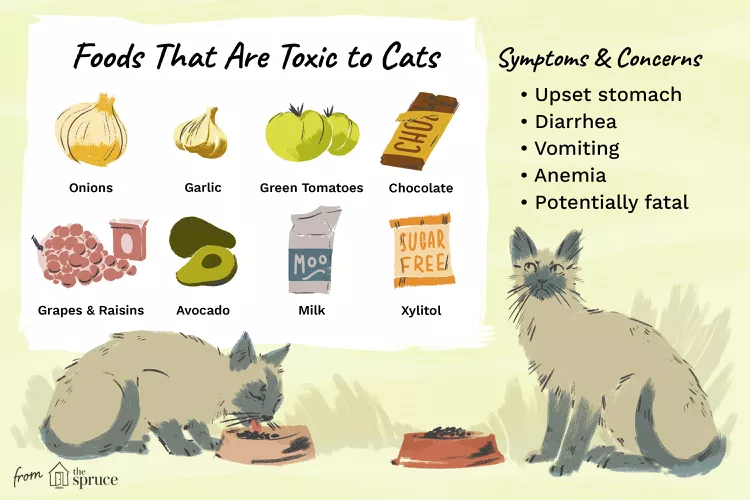
Human Foods That Are Poisonous to Cats
Many human foods are toxic to cats. Avoid feeding cats table scraps. Instead, feed a nutritious cat food created for their specific nutritional needs.
Cat Food Ingredients to Avoid
When checking the nutrition content of cat food, look for ingredients that are not healthy or show it is of poor quality. Avoid these 3 ingredients.
Should You Feed Your Cat a Raw Diet?
Learn the pros and cons of raw diets for cats, and find out how to choose a raw food diet for your own cat.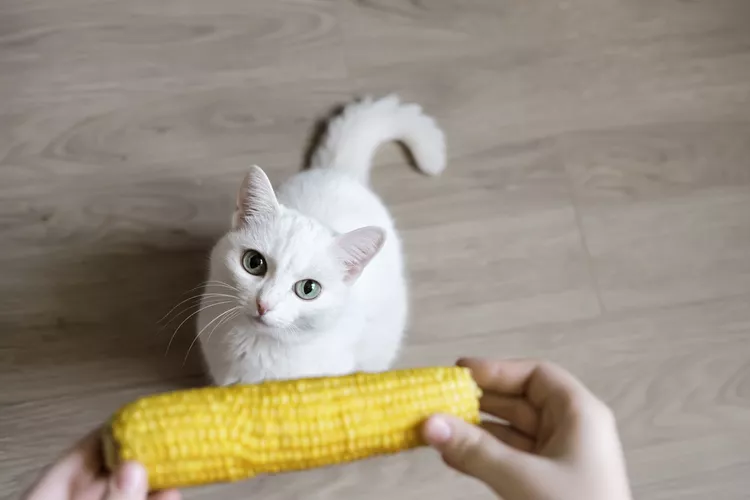
Can Cats Eat Corn? Here's What A Vet Thinks
Corn is a common ingredient in cat food and can be a safe treat for cats when fed in moderation. Find out more about how to safely feed corn to your cat.
10 Obscure, Little-known Canine Facts in Honor of National Dog Day
With National Dog Day upon us, it's time to celebrate everything about our favorite pets—even the weirder stuff. Here are 10 obscure facts about dogs you probably didn't know.
The Different Types of Pet-Friendly Workplaces
Discover the different types of pet-friendly workplaces and the benefits they offer employees. Learn how to create a pet-friendly workplace and the best practices for pet owners.
Exploring the Different Types of Pet-Friendly Beaches
Are you looking for pet-friendly beaches? Learn about the different types of pet-friendly beaches, their locations, and tips for visiting them with your pet.
Why Is My Dog Lethargic?
Lethargy can be a sign that something is wrong with your dog. Find out what may be causing this lack of energy and what you should do about it.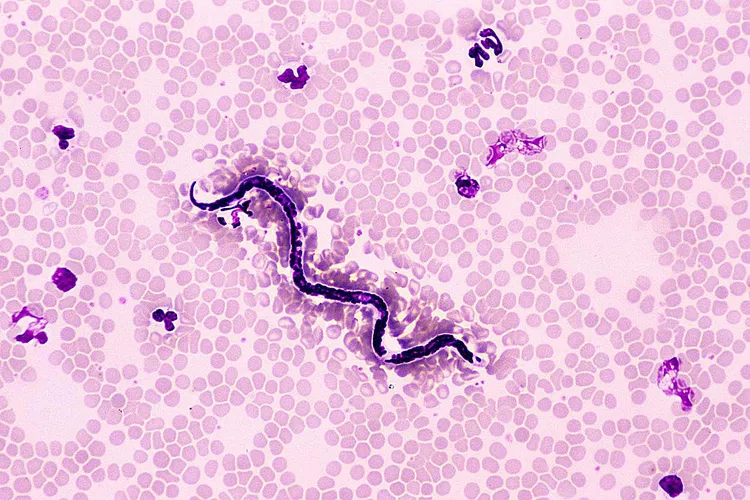
Medications to Prevent Heartworm Disease for Dogs
Heartworm disease is a serious risk for all dogs exposed to mosquitos. Find out about the products used to prevent Heartworm disease in dogs.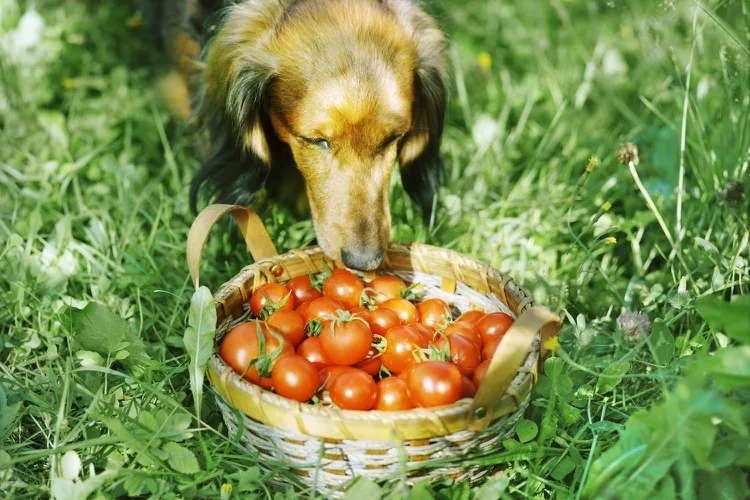
Can My Dog Eat Tomatoes?
You'll want to keep Fido out of your garden since the tomato plant is toxic, but you can safely offer him ripe tomatoes as a nutrient-packed treat.
15 Best American Cat Breeds
Several cat breeds, including the American shorthair and Bengal, have their origins in the United States. Learn more about these American cat breeds.
Why Do Cats Slap Each Other?
Cats can have some quirky behaviors—one of them being slapping each other. Why do they do this and what can you do to stop it?
Skye Terrier: Dog Breed Characteristics & Care
Learn all about the Skye Terrier, an elegant breed known for its friendly and even-tempered personality with classic terrier traits.
Sloughi: Dog Breed Characteristics & Care
Learn all about the Sloughi, an ancient dog breed known for its impressive running ability, slim stature, and affection toward its family.
English Setter: Dog Breed Characteristics & Care
Learn about the English setter, an excellent hunting breed for pointing and retrieving game. It's also a popular and affectionate companion dog.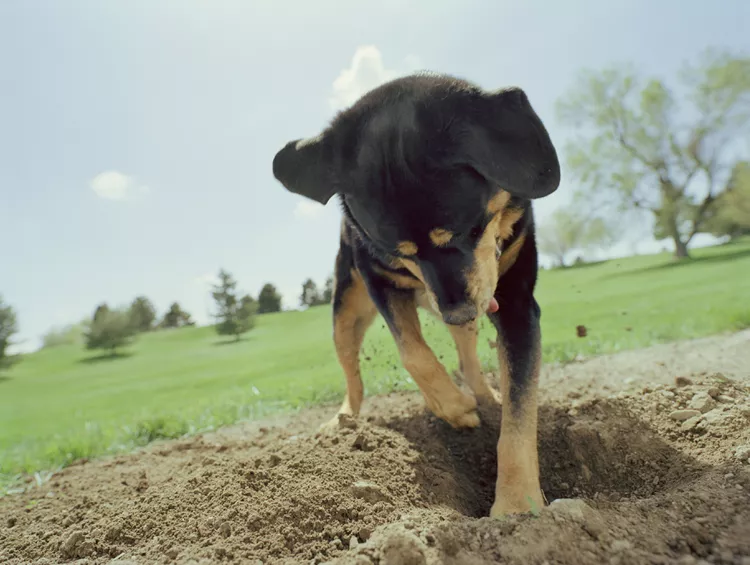
Why Dogs Bury Bones and Other Objects
If you give a dog a bone, he might bury it. Why is that? Learn about this burying behavior in dogs and what it means for your pet.
Reasons Why Dogs Run Away and How to Stop It
Dogs can escape, especially if they’re bored and not properly contained. Here are some techniques for stopping your dog from running away.